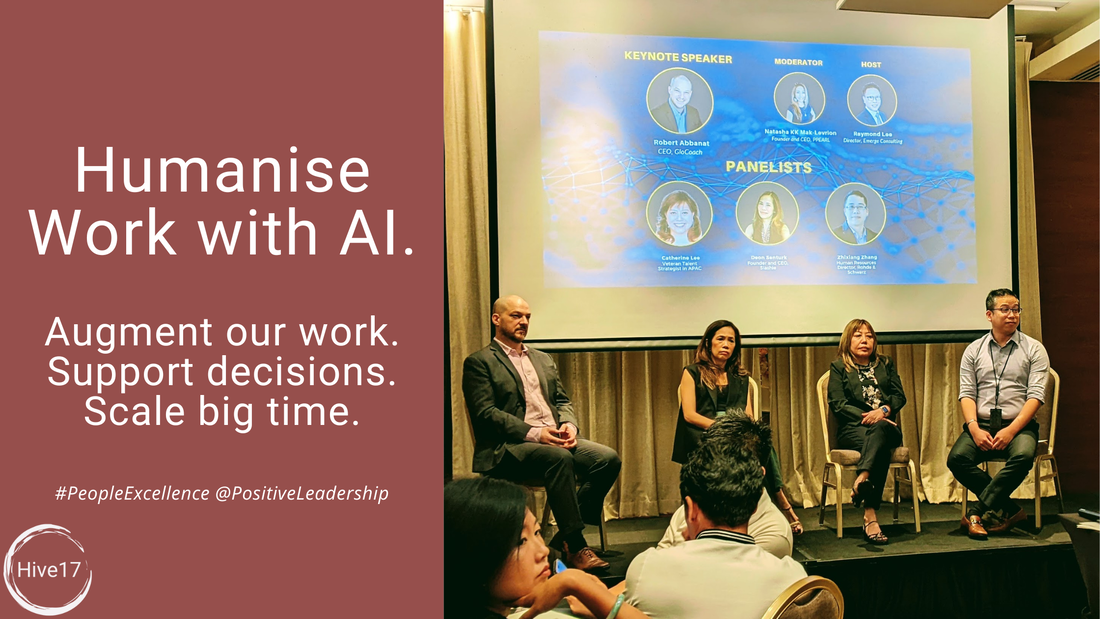|
This might be one of my rare posts about AI. Yesterday, I was invited by our partner GloCoach to an event to talk about "AI and Organisational Success". Here were some of the proposed questions: Will AI replace our workforce? Or rather, when will AI replace our workforce? And the questions then continued: how will AI replace people? With whom will they be collaborating?
The discussion elaborated that, as any other tech tool, AI will support us humans. The algorithms will fulfil tasks which we are struggling with, for example big data analysis. The automation will allow us to offload mundane and repetitive tasks and to focus on the more value-creating tasks. We humans will (should) always be in control and make the decisions. Automation - as it has been shown in the past with the agricultural, industrial revolutions and photography - will allow us to scale and to provide solutions to 10'000 times more people than we were able before automation. As was discussed during the event, this means that high-level coaching solutions can be provided to a much much wider audience, while the current coachees might still prefer (and able to afford) to be coached by a human (augmented by AI). Here is another idea that came up during the conversations I want to share here. How can we improve business processes with AI? Here we are often in a dilemma... On the one hand, we want to have consistent processes because this will allow efficiency. On the other hand, we are faced with exceptions that don't follow the norm and we need to 'bend' these rules. I am a proponent to switch from 'rules' to 'principles', because principles allow you to understand the underlying reason why we do things and provide us with flexibility which enables us to focus on effectiveness. AI can help here to combine on the one hand the underlying rules of a process with on the other hand specific data about the individual person or item that goes through that process. As a result, we are able to scale individualised iterations of the business process that are more accurate and are at the same time efficient and effective. Examples are individual leave application procedures, 3-D printed items, last-mile package delivery, etc. Where do you see the future of artificial intelligence in your life?
0 Comments
Leave a Reply. |
Subscribe
Receive our monthly themed summaries of our thoughts: click! TimTim is a change practitioner in the area of innovation and excellence. He is working with teams to accelerate innovation, collaboration and agility. Categories
All
Archives
July 2024
|


 RSS Feed
RSS Feed